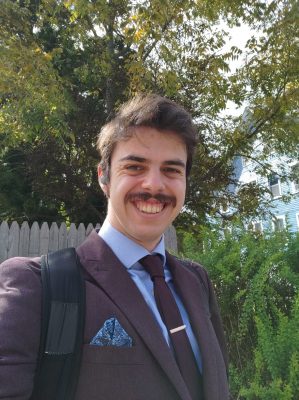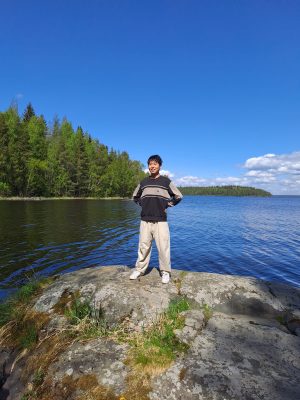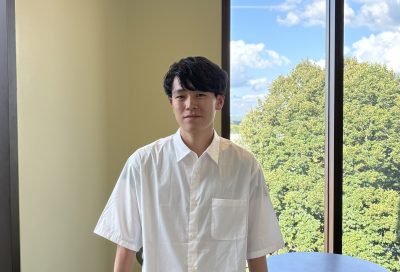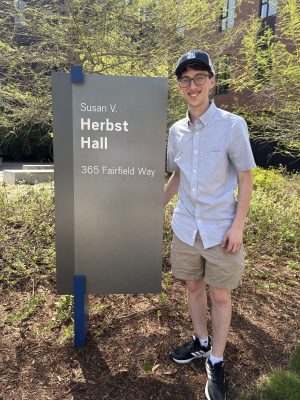
Hi! I’m Will Rimer [ˈɹɑɪ̯.mə], and I’m from the South West of England. I did my BA at Downing College, Cambridge, and my MLitt at Newcastle University – both degrees were in linguistics, and for both dissertations I worked on syntax. In particular, I investigated the crosslinguistic possibilities of null pronouns, using Ian Roberts’ formal-feature-based parameter hierarchies. Despite this focus, I’m always reluctant to be pigeonholed as ‘just’ a syntactician (or ‘just’ a linguist, for that matter). My other interests in linguistics include phonology, typology, historical linguistics, language evolution, linguistic complexity, and the indigenous languages of North America. Since coming to UConn, I have also developed an interest in semantics and logic, which tie in with two of my main academic interests outside linguistics, namely maths (with an s!) and philosophy.
When I’m not studying or working as a teaching assistant, I like working out and bodybuilding (running, calisthenics and lifting), playing (and designing!) board games and video games, cooking, reading, and spending as much time as I can with the people I love. I’m very easy to spot on campus: I’m the only person who wears a full suit and tie, and I’m always sporting a dashing moustache – do say hello if you see me out and about, because I love meeting new people 🙂





